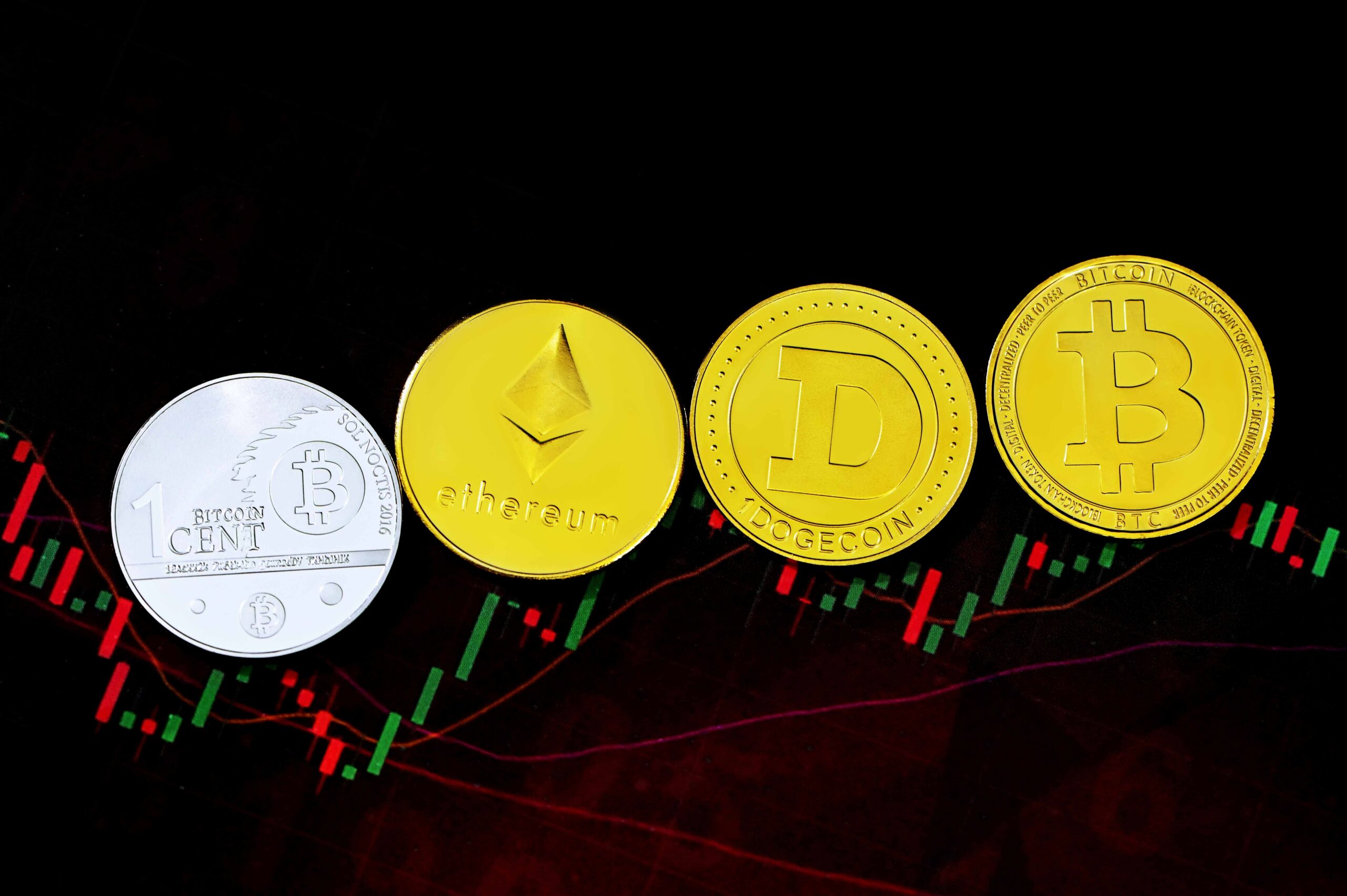
On 12/30/20, I opened up a Coinbase I account. I’ve always thought that the best way to learn something is to do, and as I made the choice to really educate myself about crypto, I decided that it would be best just to put some money into a Coinbase account and go from there. It’s fair to say that on that date, I went down the crypto rabbit hole for the first time.
The initial lead-in was two-fold. Personally, my friends in a group text were constantly texting about it, and I had FOMO. On the professional side, as a financial advisor and a Chief Investment Officer, I could very well see the writing was on the wall: regardless of my feelings of cryptoassets, the newly formed asset class was garnering enough attention, and more importantly, institutional investment, that I needed to have an informed opinion of it.
I knew the basics of blockchain technology, but as I was researching it, I really started to be a convert and imagine the possibilities. Irrespective of my beliefs of the role of bitcoin, I am genuinely excited to see how we as a society can incorporate blockchain technology into our everyday lives. Once I came to that realization, I became to dollar cost average in even further.
As a CIO, my job is to know what is going on in the capital markets, irrespective of the asset class. At any point in time, I have a good pulse on the macroeconomic picture and the happenings of each sub-asset class like equities, fixed income, commodities, etc. My foray and subsequent research into crypto comes from that lens. So naturally, the two questions I had were – how do I think of it, and where does it fit into a portfolio? After a lot of research, I concluded that cryptoassets are a lot like venture capital investments. Extremely high risk, but the reward could not only be exponential but impact the lives of many. (I’ll save how I came to that conclusion for another blog post).
One of the words I constantly hear here in the San Francisco Bay Area is “disruption.” It is usually formatted as an adjective and precedes “technology.” It is often put together in venture capital pitches. Many of my clients have described the companies they work at as having disruptive technology (I’m lucky enough that almost all of them are correct in their assessment). Blockchain technology IS disruptive technology.
The most significant area where disruption is being seen is in the finance industry. Instantaneous transactions, markets that are operating 24/7, and have the potential for lower fraud (due to Distributed Ledger Technology) have incredibly positive consequences. Sometimes it’s still mindblowing to me how long it takes for a client to ACH money in and out of their brokerage account, and how if they need cash urgently, we are at a whim of banks being unable to process wires after an afternoon cut off date. Blockchain technology can change all of that and simplify the process.
The other fascinating part is that some of the blockchain software is already generating revenue. Per VanEck, The Ethereum protocol is on pace to generate $18b in revenue this year on a gross transaction value of $4trillion. This would make it the 5th largest software company in the world, behind Microsoft, Oracle, SAP, and Salesforce. Based on the Price to (Estimated) Sales ratio, Ethereum remains reasonably valued compared to other technology companies. In this instance, buying Ether is the equivalent of owning shares in Microsoft.
The Ethereum protocol is just one real-life example of what is going on. Helium is another one. Picture this. You’re in downtown London staying downtown and want to get to Wimbledon to watch tennis. However, there are no taxis around to get you there, and you want to call an Uber but don’t want to spend a mini fortune getting an international plan on your carrier that may or may not have good service. The Helium blockchain changes this. This “people powered network” allows users to connect their devices and get cheap access to the internet. Now, you can go ahead and call that Uber.
Platforms built on blockchain technology can revolutionize the way we live our life. Every day there are more and more incredible technologies being built. How many of them play out as indented? No one knows. How much effect will legislative risk play in user adaption and further investment into this space? For all of the potential, for all of the benefits to society, there are many risks out there. There is a reason that many bitcoin investors don’t want to touch other coins. But, bitcoin in itself could go away in the future. Being first to market is both a blessing and a curse. Remember Netscape? Or Napster? These were the founding blocks of modern-day tech companies. I’d argue that without Netscape, there is no Google Chrome. Without Napster, there no Spotify.
Do I think that bitcoin is going away like those two companies? No. But I do believe that we are at the onset of another technological revolution and its early days. Professionally, it’s my fiduciary duty to be on top of it for clients, to help educate them, and, for those interested, help them allocate to it in the best way for them. Personally, I’m geeking out at the possibility of this technology changing the way we all live and interact with one another.
